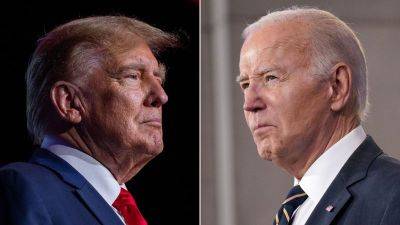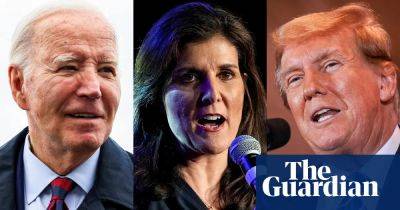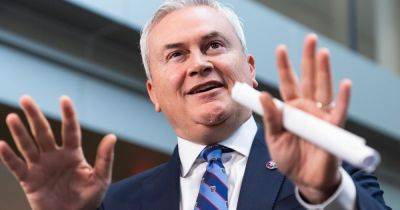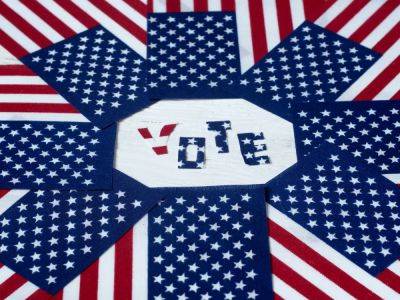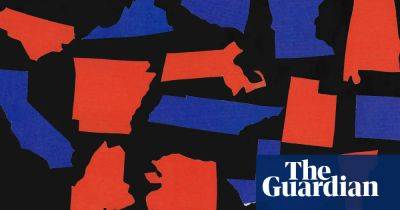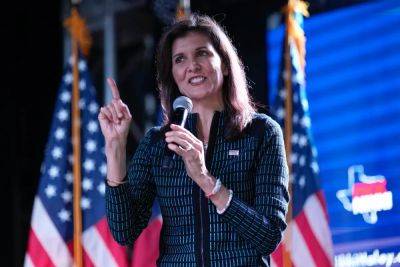New book on 'whistle-stop' campaign trains describes politics and adventure throughout history
From its earliest days as a village, Crestline was synonymous with trains. A railroad station inspired this northern Ohio town, railroad workers populated it and the passengers who flocked here helped it grow.
So it seems only fitting that a politician’s stop in Crestline would go on to popularize the word “whistle-stop.”
The tale of underdog 1948 presidential candidate Harry S. Truman's decision to capitalize on the remark of an opponent — Ohio's own “Mr. Republican,” U.S. Sen. Robert Taft — to own the term, and win the election, is just one of dozens of colorful anecdotes in Edward Segal's new book, “Whistle-Stop Politics: Campaign Trains and the Reporters Who Covered Them.”
Segal, a former press secretary and aide to both Democratic and Republican candidates, explains that whistle-stop was a railroad term at the time to describe small towns without regularly scheduled train service. The conductor would signal the engineer that passengers needed to disembark, and the engineer «would respond with two toots of the whistle,” he writes.
By 1948, though, the term had become shorthand for describing a community that was viewed as backward or undesirable. So when Taft accused Truman — not long after his “special” train had stopped in Crestline — of going around the country on this campaign train tour “blackguarding (attacking) Congress at every whistle-stop,” Truman embraced the opportunity.
The Democratic National Committee asked voters, “Was it nice of the Senator to call you a whistle-stop?” Seventy-three percent of respondents said they didn't approve. Truman began using the term himself, Segal writes, and it soon lost its pejorative meaning.
Altogether, Segal has cataloged about 180 campaign train trips throughout U.S.


